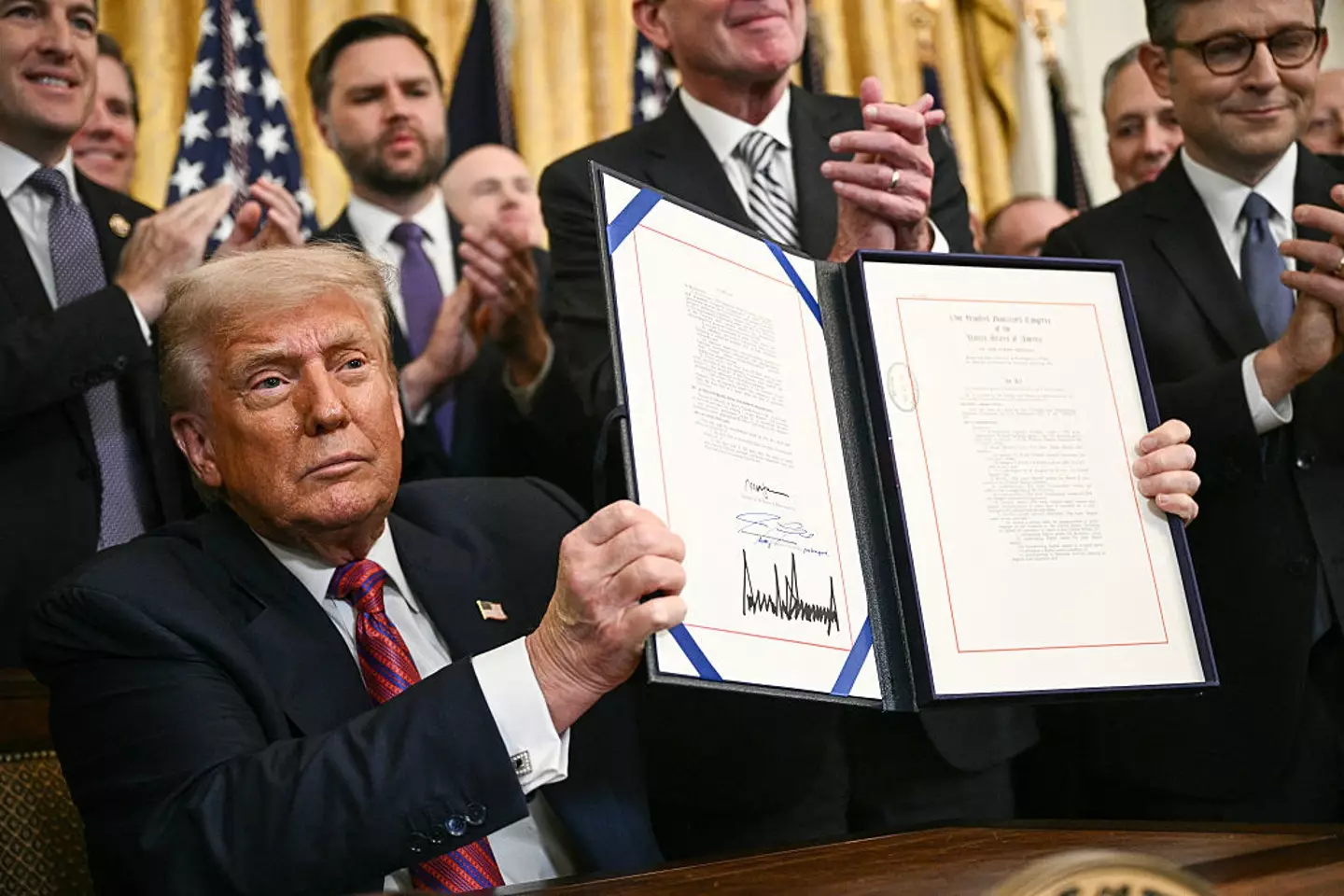
The so-called 'Wild West' of the cryptocurrency world could soon be coming to an end, as US President Donald Trump has now signed an equally historic and controversial new law that experts have expressed their worries over.
For a long time one of the defining aspects (and benefits, for some) of cryptocurrency in relation to traditional money is its unregulated nature, as its separation from government allows it to move freely alongside the demands of its owners.
Unlike dollars or pounds, the value of each and every crypto coin can vary significantly and instantly if the market dictates it, and that's how options like Bitcoin and even Dogecoin have grown so significantly over the years.
Now, the crypto world has been given another major boost by the US government following Trump's election, as he has finally pushed through the GENIUS Act which creates a regulatory regime for a new form of cryptocurrency called 'stablecoins'.
What are stablecoins?
As reported by Reuters, stablecoins are a unique form of cryptocurrency that is specifically designed to maintain and consistent value amid the rapidly changing numbers across the rest of the market.
Advert

Thanks to the introduction of the GENIUS Act, stablecoins will likely be pegged 1:1 to the value of the US dollar, making them far more viable for use in transactions and money movements — particularly when investors are moving their funds from one crypto coin to another.
It doesn't make much sense for most business to offer cryptocurrency as a payment option due to the rapidly changing values, as something that is worth $20, for example, could have a rapidly increasing or decreasing equivalent crypto value depending on when the item is bought.
However, stablecoins effectively legitimize and regulate the concept of digital currencies and continue to strengthen the US dollar too, making this a potentially attractive move for crypto investors and the Trump administration alike.
"This signing is a massive validation of your hard work and pioneering spirit," declared President Trump at an event attended by government officials, lawmakers, and crypto executives — the latter of which contributed more that $245 million to pro-crypto campaigns during last year's election. "It's good for the dollar and it's good for the country," Trump continued.
Why are experts worried about the GENIUS Act?
While there remains an abundance of optimism from those that would benefit from the popularization of stablecoins, and the bill was signed in with a bipartisan majority of 308 to 122, there remain a number of detractors and critics that have branded the GENIUS Act dangerous.

Specifically, those worried about what it could cause have highlighted two key loopholes that companies and individuals could exploit. Firstly, the bill included no means of blocking companies from creating and therefore profiting from their own stablecoins, which strengthens a tech sector that some argue is already too powerful.
Additionally, and perhaps more worryingly, many have expressed their fears that it could open up money laundering routes that would make the United States attractive for criminals.
"By failing to close known loopholes and protect America's digital dollar infrastructure, Congress has risked making the US financial system a global haven for criminals and adversarial regimes to exploit," argued Scott Greytak, deputy executive director of Transparency International US.
